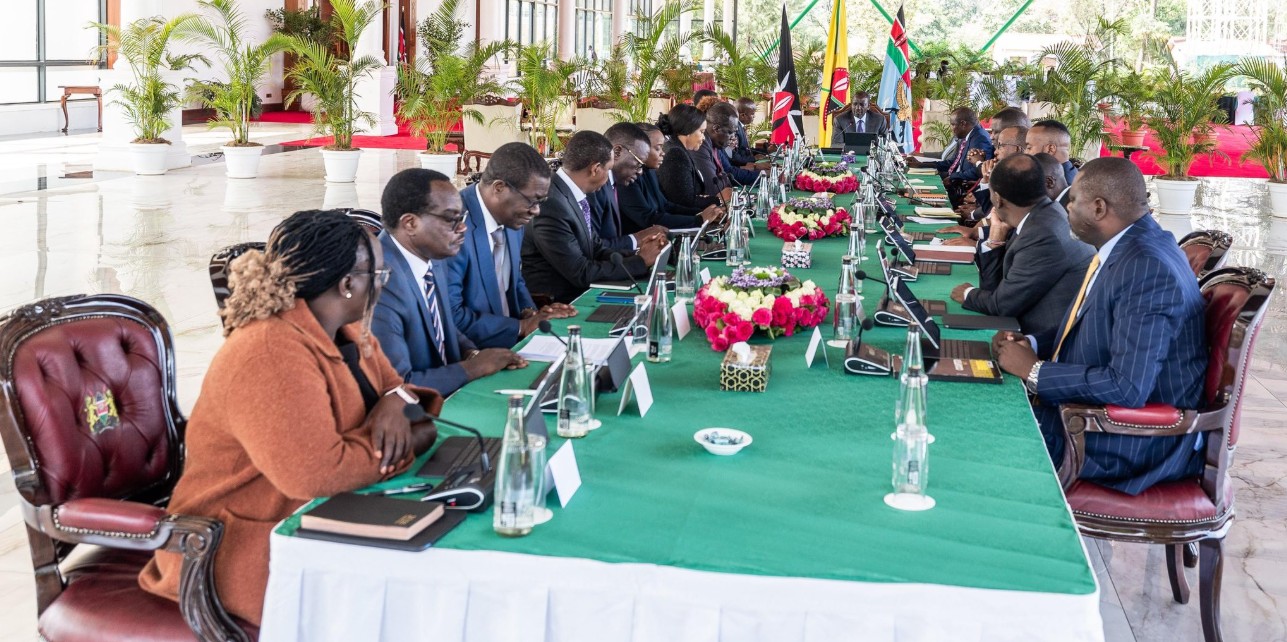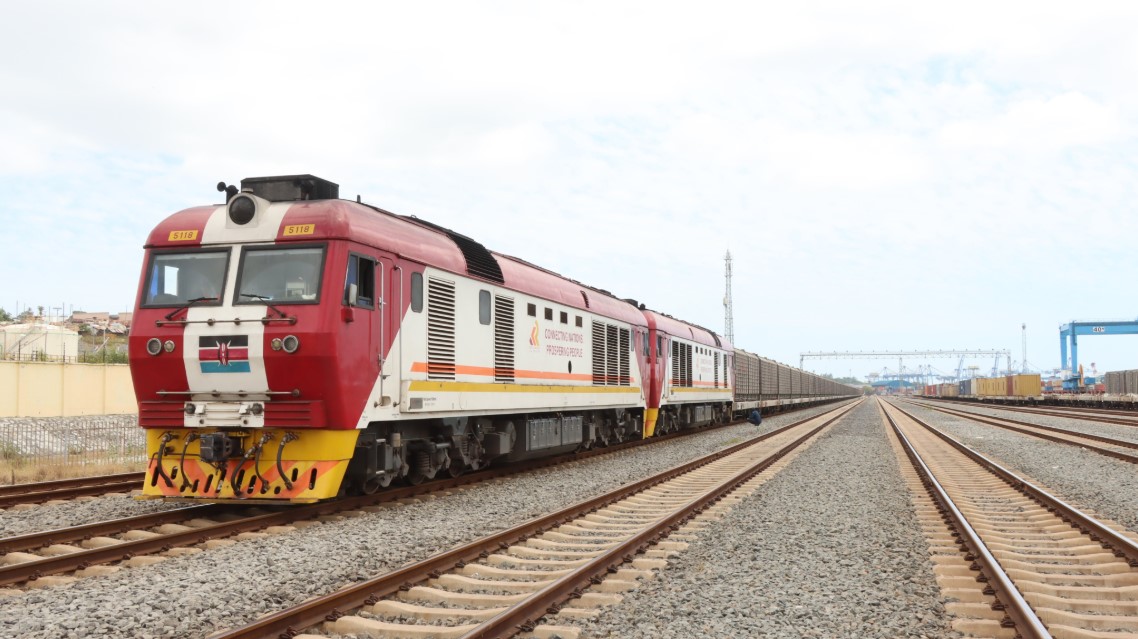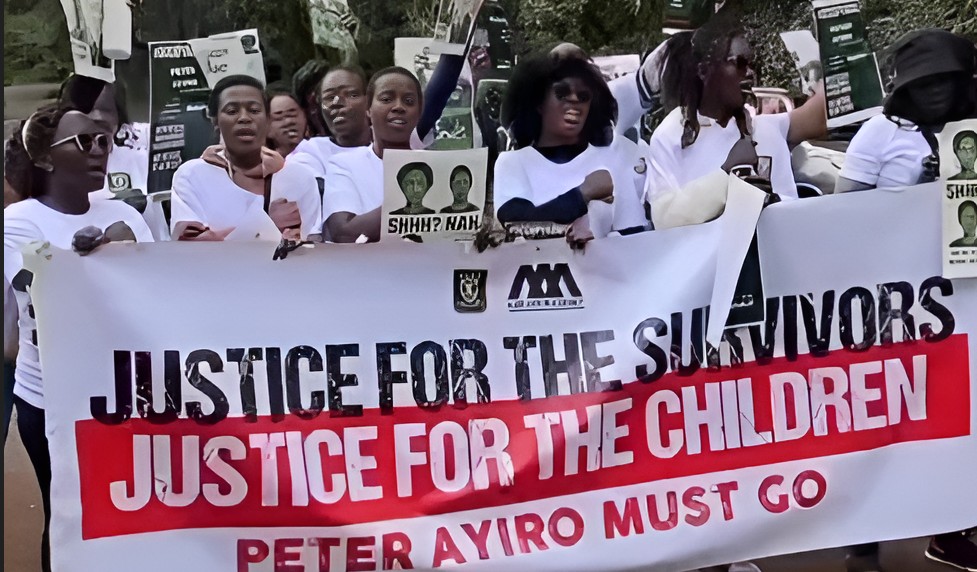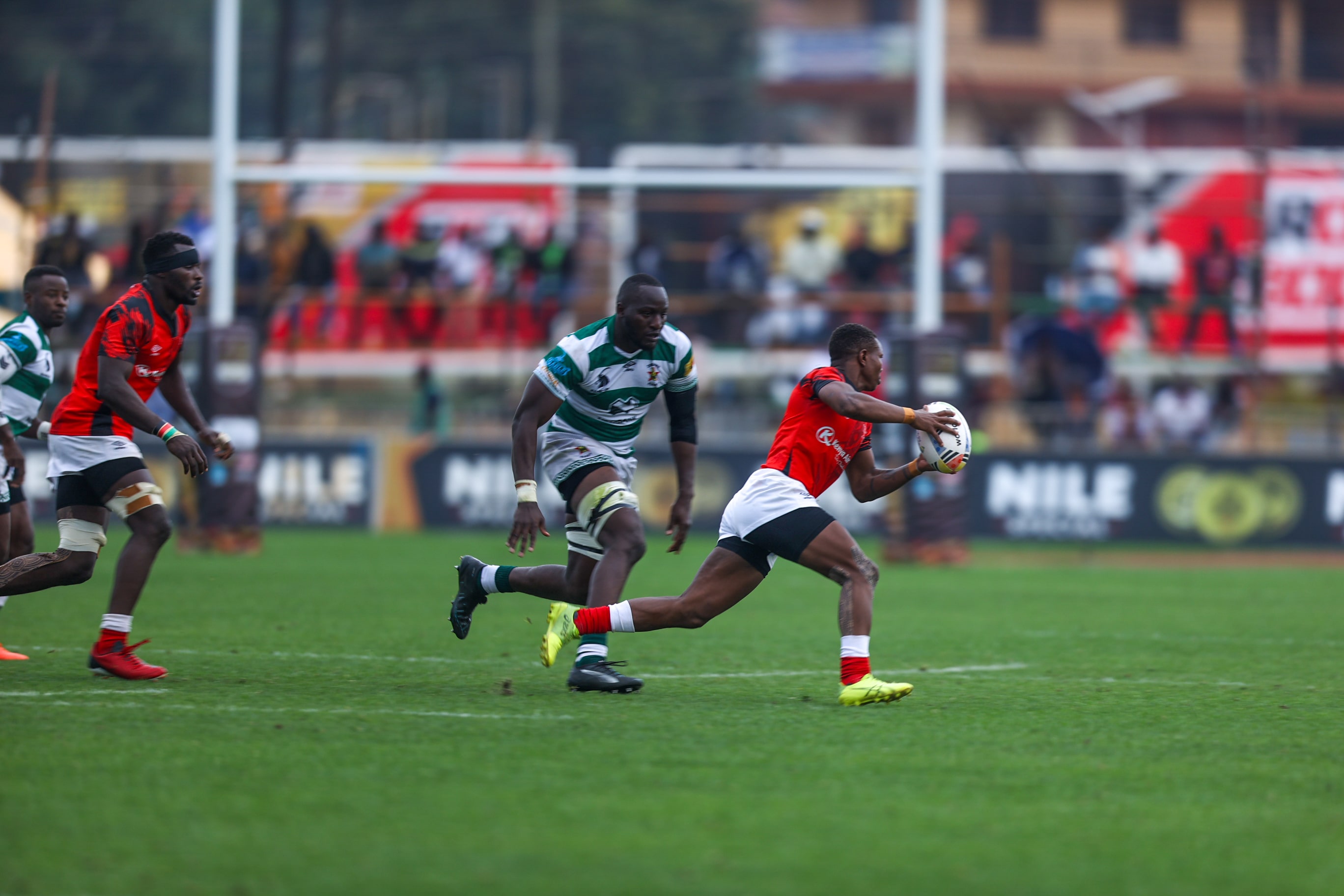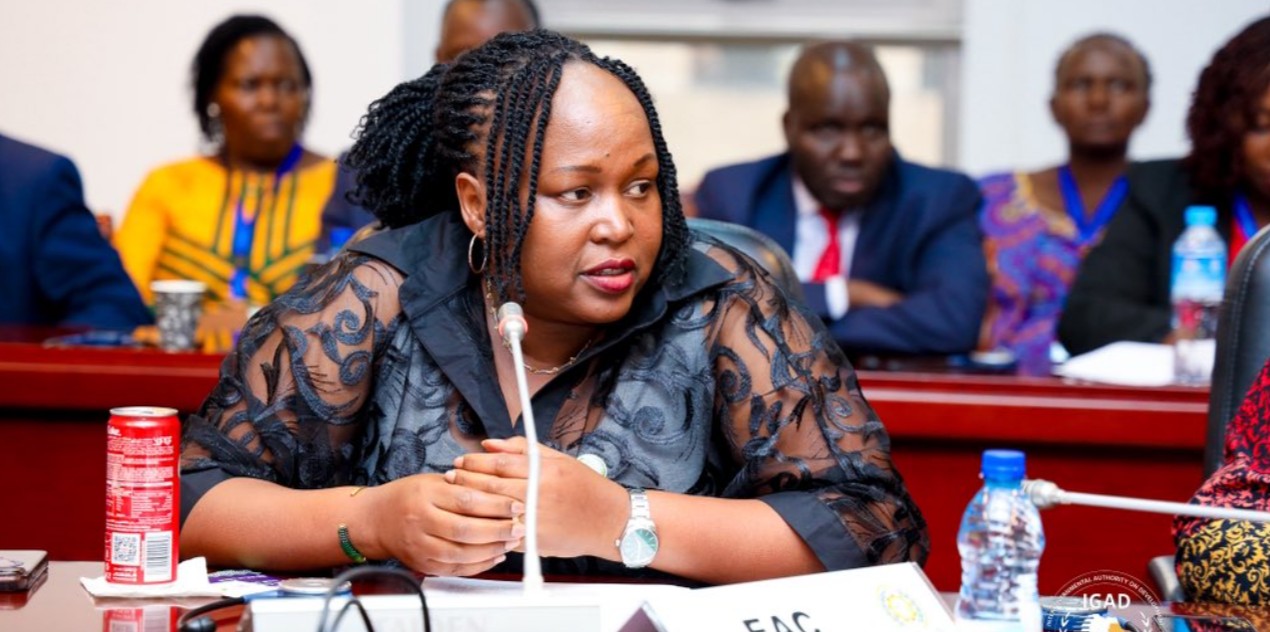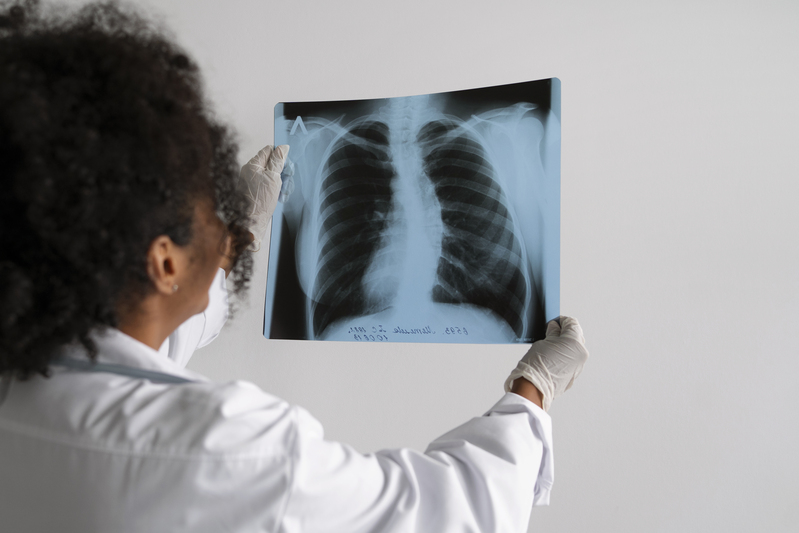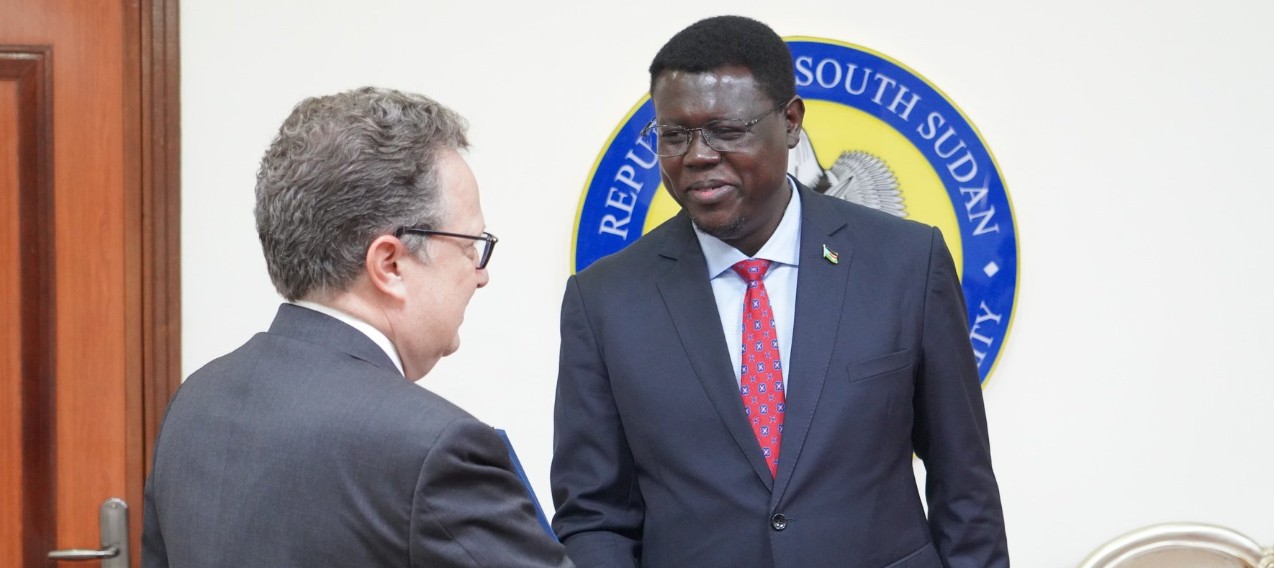Aid blockade in South Sudan puts 60,000 malnourished children in Upper Nile at risk

Aid workers are now caught between two impossible choices: send supplies into areas where they might be looted, or hold them back and risk running out altogether.
A worsening humanitarian crisis in South Sudan’s Upper Nile state is pushing over 60,000 malnourished children closer to danger, as vital treatment supplies run low and deliveries remain blocked.
The World Food Programme and UNICEF have sounded the alarm, warning that life-saving nutrition support may come to a complete halt by the end of May if access is not urgently restored.
More To Read
- South Sudan’s foreign minister in Washington for tense talks on deportations and governance
- South Sudan’s President Salva Kiir tasks new army chief with sweeping military reforms
- South Sudan confirms arrival of eight immigrants deported from US
- WFP resumes emergency food airdrops in South Sudan’s Upper Nile State
- UNMISS report: 739 civilians killed in South Sudan’s deadliest quarter since 2020
- South Sudan launches door-to-door taxpayer registration in Juba
Upper Nile is among the hardest-hit areas in South Sudan, where more than 300,000 children were treated for moderate or severe malnutrition over the past year.
Now, as fresh conflict erupts along the White Nile River, the state’s main supply route, no humanitarian aid has reached the region for nearly a month.
The impact of the fighting has been swift and devastating.
“Children are already the first to suffer during emergencies. If we can’t get nutrition supplies through, we are likely to see escalating malnutrition in areas already at breaking point,” said Mary-Ellen McGroarty, WFP Representative in South Sudan.
The combination of growing violence and the start of the rainy season has displaced more families and increased the spread of disease, while deepening food insecurity. Humanitarian officials now fear that the situation will only worsen in the coming weeks.
Forced to turn back
In mid-April, a convoy of barges carrying 1,000 metric tonnes of food and nutrition supplies was forced to turn back due to ongoing clashes.
An additional 3,000 metric tonnes of aid are waiting in Bor, a key humanitarian cargo hub along the river, but remain undelivered as insecurity continues to grip the region.
Without access to these crucial supplies, life-saving treatment programmes in Upper Nile risk complete collapse.
WFP and UNICEF have warned that their remaining stocks to treat severe and moderate malnutrition will run out before the month ends. This would leave thousands of children already in fragile health, without the support they need to survive.
“We have reluctantly taken the unprecedented step of holding back supplies for fear that they will not reach the children that so desperately need them, due to the ongoing fighting, looting and disruption of the river route,” said UNICEF’s Officer in Charge Representative Obia Achieng.
Looting has already made a deep dent in relief operations.
Since the fighting began, around 2,000 cartons of vital nutrition supplements, about 26 metric tonnes, have been stolen in Upper Nile. The stolen aid could have treated nearly 1,900 children, a loss that agencies say they cannot afford to repeat.
Impossible choices
Aid workers are now caught between two impossible choices: send supplies into areas where they might be looted, or hold them back and risk running out altogether.
“If this continues, we are in danger of simply running out of supplies in counties across the state by the end of May 2025, with potentially catastrophic results for the youngest, most vulnerable children,” Achieng warned.
As each day passes without a secure passage for aid, more children face a bleak future.
WFP and UNICEF say the current disruption threatens to undo hard-fought progress in the fight against child malnutrition in Upper Nile. The agencies are calling for urgent, safe access to resume deliveries before more young lives are lost.
The blocked route along the White Nile has long been a critical artery for aid into Upper Nile, and its closure has left communities cut off just as the need for support reaches a peak.
With every delay, the chances of recovery slip further out of reach for children already weakened by hunger and disease.
Top Stories Today
Reader Comments
Trending

